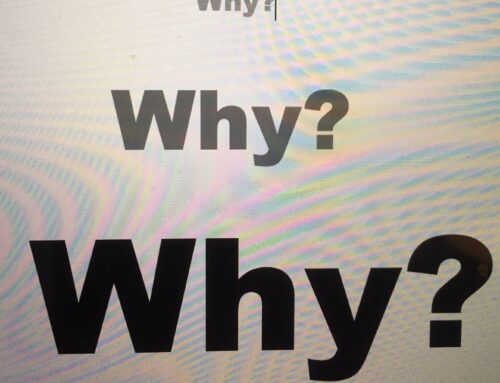
As expected, there have been criticisms of the Pope’s message, notably from those who believe his views are more politically progressive than those of his predecessors. That is not an idle criticism.
According to Peter Wehner, a Catholic scholar, Pope Francis’ visit very likely “favors Democrats more than Republicans.” As Wehner and many commentators have noted, Francis has embraced the political Left’s view of climate change, economic inequality, and immigration. He has also placed the principal blame for poverty and the displacement of peoples on what he considers an unjust socioeconomic system, namely Capitalism.
It should be noted, however, that the Pope’s treatment of these themes in his U.S. visit has been considerably more muted than in his other addresses and writings, no doubt because of his respect for the political diversity that exists in this country.
Francis’ emphasis during his visit was on the spiritual principles that should guide individuals and countries rather than sociopolitical theories. He is to be commended for that.
Nevertheless, I am troubled by the oversimplification in certain of Pope Francis’ statements, notably these:
“We know that no religion is immune from forms of individual delusion or ideological extremism. This means that we must be especially attentive to every type of fundamentalism, whether religious or of any other kind. A delicate balance is required to combat violence perpetrated in the name of a religion, an ideology or an economic system, while also safeguarding religious freedom, intellectual freedom and individual freedoms. But there is another temptation which we must especially guard against: the simplistic reductionism which sees only good or evil; or, if you will, the righteous and sinners.”
Much of this statement is perfectly reasonable and worth emphasizing in these difficult times. But while the “delicate balance” is important and “simplistic reductionism” should be rejected, it is also important to consider the question of to what extent, if any, the violence we are seeing in the Middle East is not just committed “in the name of” a religion but is instead rooted in the religion. No solution will be possible until that issue is resolved.
“On this continent, too, thousands of persons are led to travel north in search of a better life for themselves and for their loved ones, in search of greater opportunities. Is this not what we want for our own children? We must not be taken aback by their numbers, but rather view them as persons, seeing their faces and listening to their stories, trying to respond as best we can to their situation. To respond in a way which is always humane, just and fraternal. We need to avoid a common temptation nowadays: to discard whatever proves troublesome.”
Although the statement rightly notes that each refugee is a person deserving of humane treatment, it is unreasonable in claiming that “we must not be taken aback by their numbers.” The influx of large numbers of refugees can wreak havoc on a nation and the appropriate response is not to ignore that havoc but to find ways to overcome it without compromising citizens’ legitimate rights and needs.
“Let us treat others with the same passion and compassion with which we want to be treated. Let us seek for others the same possibilities which we seek for ourselves. Let us help others to grow, as we would like to be helped ourselves. In a word, if we want security, let us give security; if we want life, let us give life; if we want opportunities, let us provide opportunities. The yardstick we use for others will be the yardstick which time will use for us.”
This statement reflects the Gospel message of love of neighbor. Unfortunately, it ignores modern insights about that message. Responding to those in need is indeed a moral imperative, but the way in which we give and the spirit in which the gift is received can determine the success or failure of the effort. If we “give a man a fish,” we accomplish much less than if we “teach him how to fish.” Similarly, if the gift increases dependency on other people’s help, the outcome is less salutary than if it leads the recipient to form the habit of helping himself. Spiritual exhortations like this one by Pope Francis should be more reflective of these insights.
“Why are deadly weapons being sold to those who plan to inflict untold suffering on individuals and society? Sadly, the answer, as we all know, is simply for money: money that is drenched in blood, often innocent blood. In the face of this shameful and culpable silence, it is our duty to confront the problem and to stop the arms trade.”
This assertion is largely true. However, the reason for the arms trade is not only the monetary desire of those who sell the weapons, but also the ancient tribal hatreds and desire for geopolitical gain of those who buy and distribute the weapons to their allies and agents. The problems caused by the arms trade will never be solved so long as the latter, more despicable evils are acknowledged and addressed.
Although these oversimplifications are real and unfortunate, when the Pope’s message is seen in fuller perspective, it is a remarkable contribution to mankind and a tribute both to Christ and to the Pope’s namesake, “the poor little one” who is said to have lived his life in near-perfect imitation of Christ, St. Francis of Assisi.
Copyright © 2015 by Vincent Ryan Ruggiero. All rights reserved



